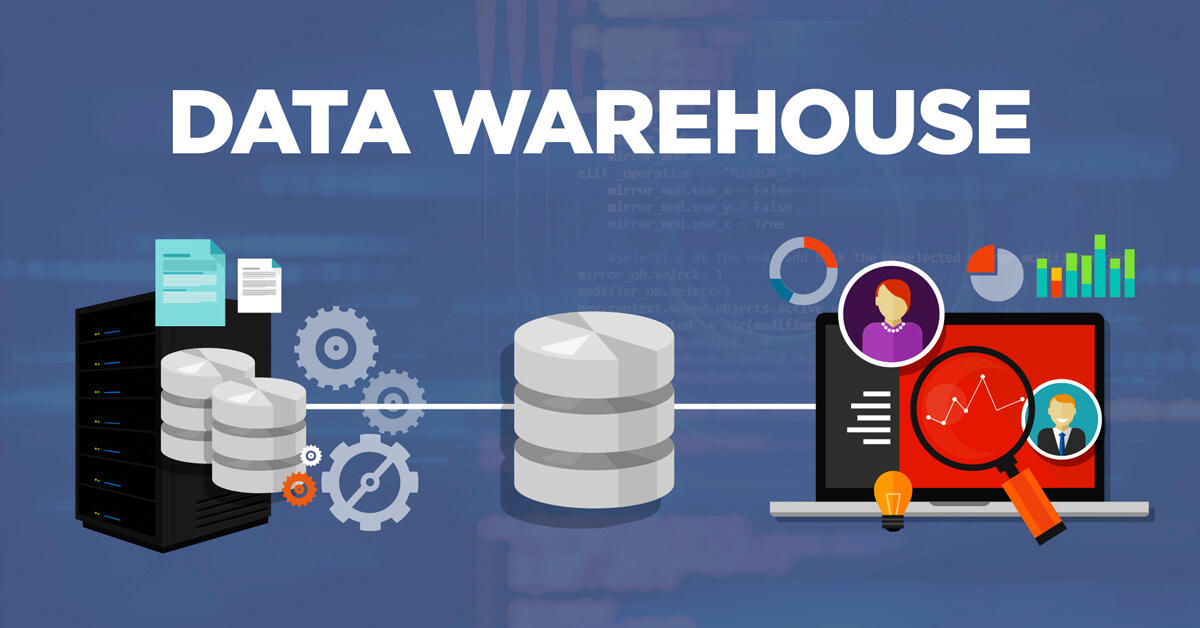To help you decide between on-premises and cloud data warehouses for your small self-storage business, let’s compare the key factors:
Initial costs:
- On-premises: Higher upfront costs for hardware, software licenses, and infrastructure setup
- Cloud: Lower initial investment, typically pay-as-you-go model
Ongoing maintenance:
- On-premises: Requires dedicated IT staff for maintenance, updates, and troubleshooting
- Cloud: Managed by the provider, reducing the need for in-house IT expertise
Scalability:
- On-premises: Limited by your hardware; scaling up requires purchasing new equipment
- Cloud: Easily scalable, allowing you to adjust resources as needed
Performance:
- On-premises: Can be optimized for your specific needs but may require expertise
- Cloud: Generally good performance with minimal configuration
Security:
- On-premises: You have full control over security measures
- Cloud: Providers offer robust security features, but you’re relying on their systems
Accessibility:
- On-premises: May require VPN for remote access
- Cloud: Accessible from anywhere with an internet connection
Disaster recovery:
- On-premises: Requires separate backup and recovery systems
- Cloud: Often includes built-in backup and disaster recovery options
With limited technology staffing, a cloud data warehouse might be more suitable for your small self-storage business. It offers lower initial costs, easier maintenance, and scalability without requiring extensive in-house IT expertise.
The self storage industry has great facility management systems like StorEdge but most of the SaaS facility management software offerings have a complex API and inconsistent data formats is quite common. This information reinforces the idea that a cloud-based data warehouse might be the better choice for your business. Here’s why:
Data Integration:
- Cloud data warehouses often come with built-in ETL (Extract, Transform, Load) tools or integrate easily with third-party ETL services. These can help you handle the complex API and data cleansing needs.
Data Transformation:
- Cloud platforms typically offer robust data transformation capabilities, which you’ll need to standardize formats (like those inconsistent number and date formats).
Scalability for Data Processing:
- Cleaning and standardizing data from difficult APIs can be computationally intensive. Cloud warehouses can scale processing power as needed.
Compatibility with SaaS:
- Since your facility management software is already SaaS-based, a cloud data warehouse would likely integrate more seamlessly than an on-premises solution.
Ongoing Maintenance:
- The complexities of your data source mean you’ll likely need ongoing adjustments to your data pipeline. Cloud solutions make these updates easier to manage without specialized on-site IT staff.
Cost Efficiency:
- Given the processing needs for data cleansing, a cloud solution allows you to pay for resources as you use them, rather than investing in powerful on-premises hardware that might be underutilized much of the time.
To implement this, you might consider a solution that involves:
- An ETL tool to handle the API calls and initial data extraction
- A cloud data warehouse for storage and processing
- Data transformation processes within the warehouse to clean and standardize the data
- Visualization tools connected to the warehouse for reporting and analysis

